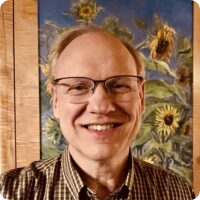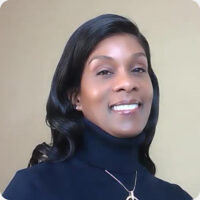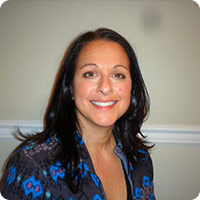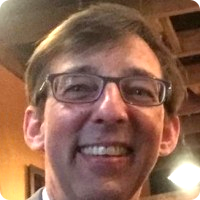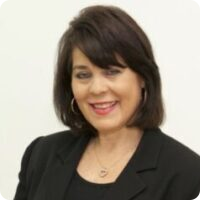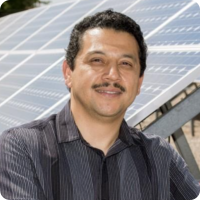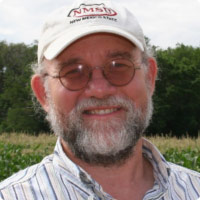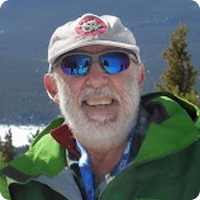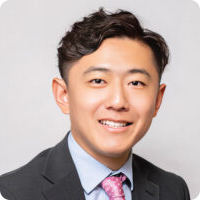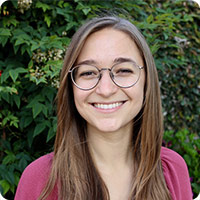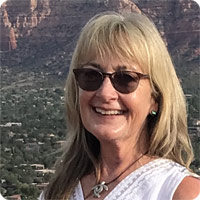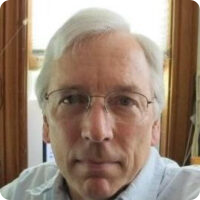- About Us
- Programs
- Our Community
- Education
- Solar School Spotlights & Solar Energy Curricula
- ASES Webinar Series
- Inflation Reduction Act – Clean Energy Overview & Highlights
- Solar Energy Workbook
- Solar Trainings
- Renewable Energy Home Basics
- High Performance Valuation for Professionals Who Buy, Sell, and Value Real Estate
- Tiny Watts
- History of Solar
- Scholarships
- Resources
- News and Stories
- Feasibility and Requirements of a 100% Transition to Renewable Energy
- Invest in a Clean Power Future Without Upfront Costs
- Claim Your Solar Tax Credit
- 40 Questions to Ask an Installer
- Solar@Work Newsletter Archives
- Media Room
- Solar Performance
- ASES Historical Reports
- ASES Archives
- Jobs Board
- Solar Today Magazine
MENU
- About Us
- Programs
- Our Community
- Education
- Solar School Spotlights & Solar Energy Curricula
- ASES Webinar Series
- Inflation Reduction Act – Clean Energy Overview & Highlights
- Solar Energy Workbook
- Solar Trainings
- Renewable Energy Home Basics
- High Performance Valuation for Professionals Who Buy, Sell, and Value Real Estate
- Tiny Watts
- History of Solar
- Scholarships
- Resources
- News and Stories
- Feasibility and Requirements of a 100% Transition to Renewable Energy
- Invest in a Clean Power Future Without Upfront Costs
- Claim Your Solar Tax Credit
- 40 Questions to Ask an Installer
- Solar@Work Newsletter Archives
- Media Room
- Solar Performance
- ASES Historical Reports
- ASES Archives
- Jobs Board
- Solar Today Magazine
